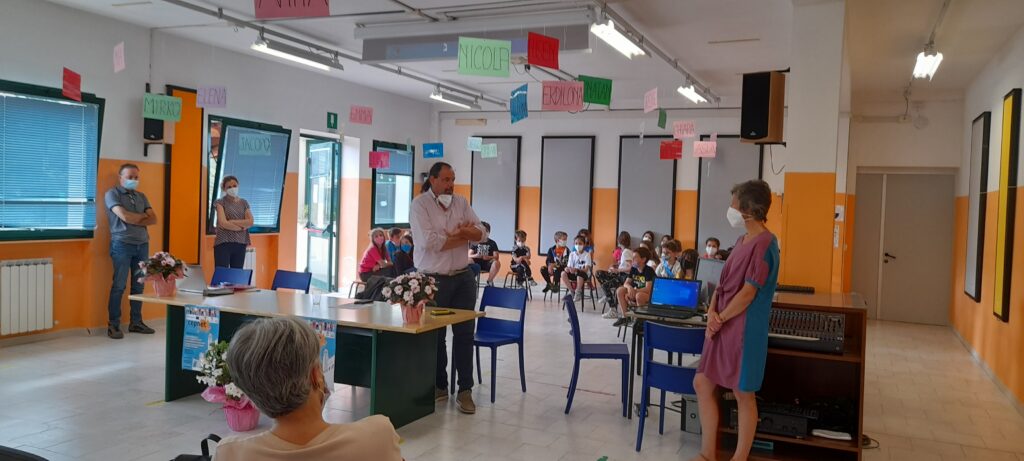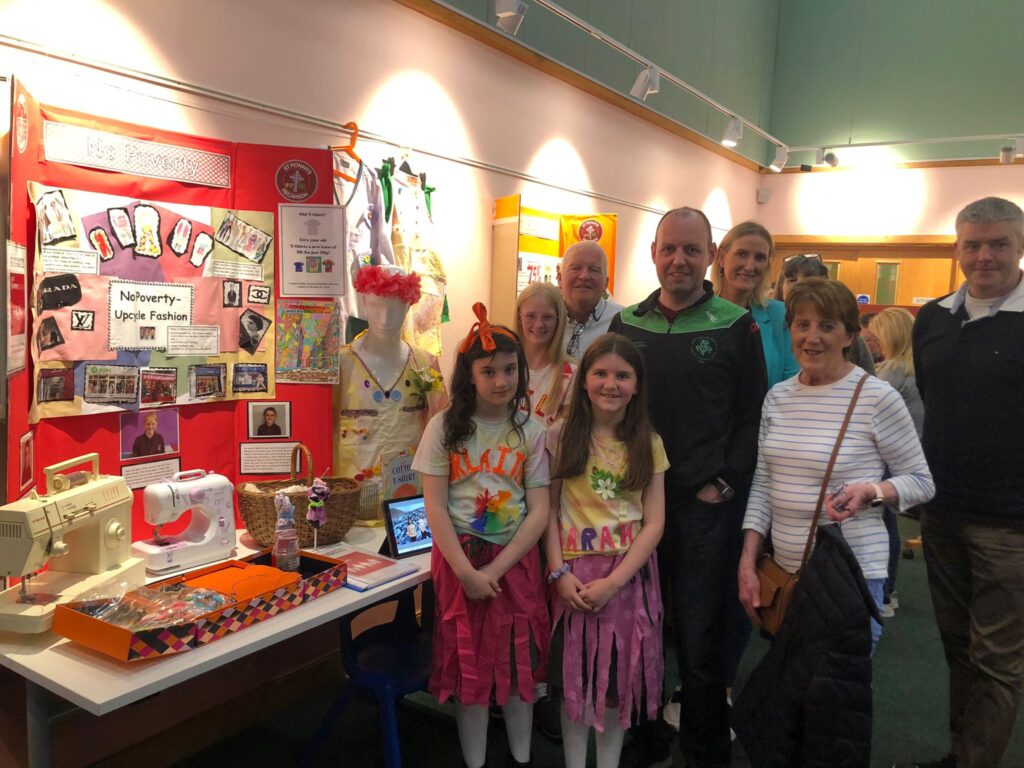Preparation and Planning
Phase 3 is very important in allowing the children to plan how they will take their new learning and share it within their world.
Phase 3 now focuses on what they will do with this research product. They may decide to link it to a school event, where they can present their findings. They may seek to present their work to a political or social or sporting body in their community. They may upload their podcast to a national website and give an interview to a radio show. They will decide how they want to take action. Again, the adults can provide support, but in the background.
In order to contextualise your work and why this planning is so important, listen to our teachers and their advice.
How to let the children take ownership of this?
This is a key focus for you at this stage of the project. You have already managed to step back and let them lead the way in terms of the discussions and the debates. They have been using their voice to focus their research interest and carry out their project work. Now that they are at the final stage of the CEPNET process, it is important to keep that CEPNET mindset in place. The danger is that you might feel the need to take charge once they are going to be dealing with the wider school community or local politicians or NGOs. You might want to add a layer of polish or sheen to their work so that it will have a more completed look or feel to it. Of course, there is no problem with you offering some support and guidance in relation to preparing a Powerpoint presentation if they are struggling, or giving advice on how they might end their speech if they are worried about the content. However, please keep an eye on how much control you are taking at this point. It is important that the students can see the project through and feel that they were in charge.
So, how do we manage this? Our teachers expressed that they found this part tricky. Traditionally, when it comes to presenting to external audiences, a lot of preparation work is done, scripts developed by the teachers and the delivery practised until it is perfect. With the CEPNET approach as our guiding light, please dip back into the handbook for some ideas. Here it is in full.
At a very practical level, you will need to bear in mind the following considerations as you are starting into Phase 3. You can consult with your class, your project groups and maybe even within your staffroom, as you may find yourself planning an event that goes beyond your own class and moves towards a larger school-based event. If this is desirable, you will need to think about the following:
- Will this take place in school or in a local venue?
- Will it be a blended event (available to virtual participants as well as live)?
- Who will be invited?
Your invitation list might help you to determine the setting for the event. If the invitees are mostly other students within your school, this can make it slightly easier. If you intend to include the parents and guardians (very much recommended) and other members of the school and wider community, you will clearly need to review operational matters to do with venue, invitations, recording and maybe even refreshments. In some of our events, the students also took charge of organising the refreshments, managing to involve the parents and guardians.
By using this event as an opportunity to bring the school community together, there are a range of advantages. The students get a larger audience for their work. They also get to articulate the importance of how they we can better respond to the climate crisis. Ideally, they can discuss these issues both formally and informally as part of the occasion. It also allows for parents and guardians to get an insight into how CEPNET has impacted on their children and the school.
Remember that the wider community will be very taken with this project, so it will certainly generate some interest. Below we see the local mayor involved in an event in an Italian school as they celebrate the final event of CEPNET.

The children in the photos below got to showcase their work to family members. Within our evaluation work, parents and guardians explained how they welcomed this opportunity to engage with the school and the CEPNET projects.

So in preparing for this phase, there are a few key points:
- review the rationale again in terms of why we want the children continuing to take the lead
- consider the final showcase event- big or small, in-house or wider community
- be practical in relation to resources available- can you use the local library or community centre
- who will be the key person hosting the event? no problem it being a teacher or principal, but if there is a local celebrity or politician available, it might attract a larger crowd
- help the children with their presentations and final products, but don’t take over…

